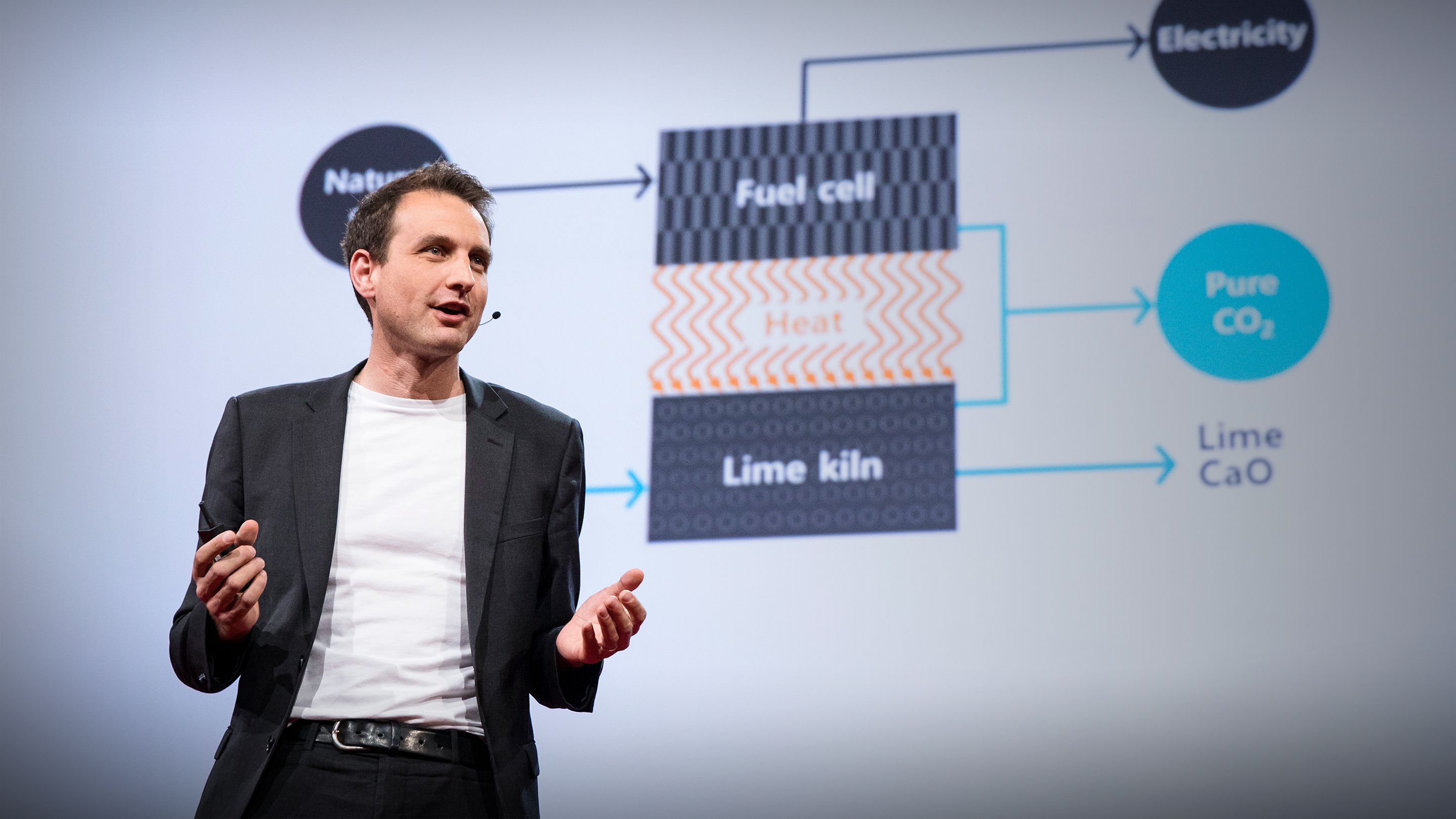Can we stop climate change by removing CO2 from the air?
1,692,532 views |
Tim Kruger |
TED2017
• April 2017
Could we cure climate change? Geoengineering researcher Tim Kruger wants to try. He shares one promising possibility: using natural gas to generate electricity in a way that takes carbon dioxide out of the air. Learn more -- both the potential and the risks -- about this controversial field that seeks creative, deliberate and large-scale intervention to stop the already catastrophic consequences of our warming planet.
